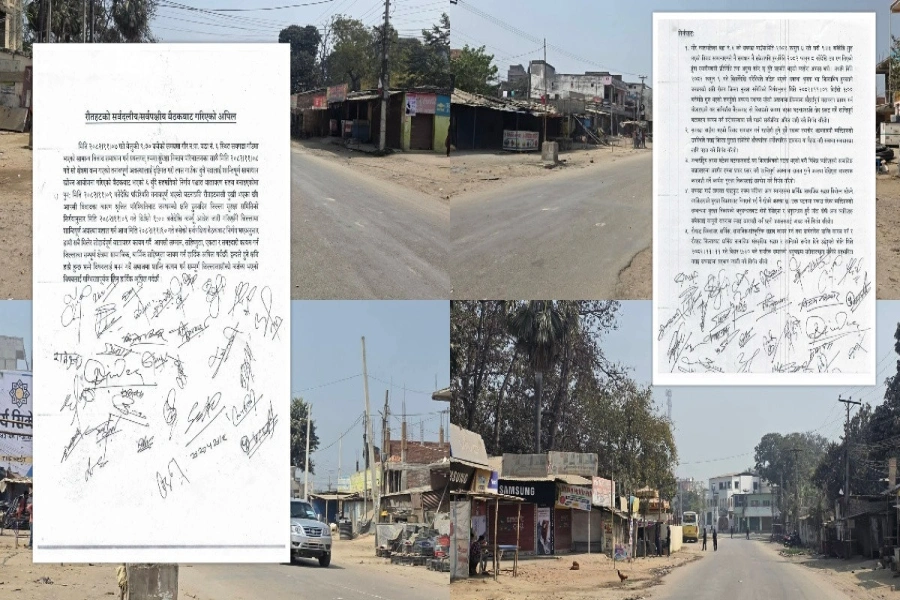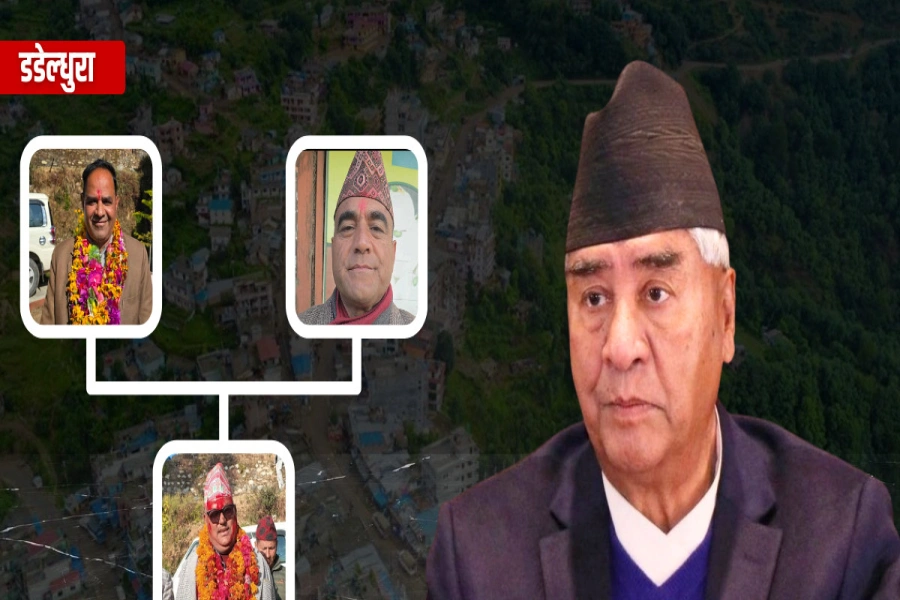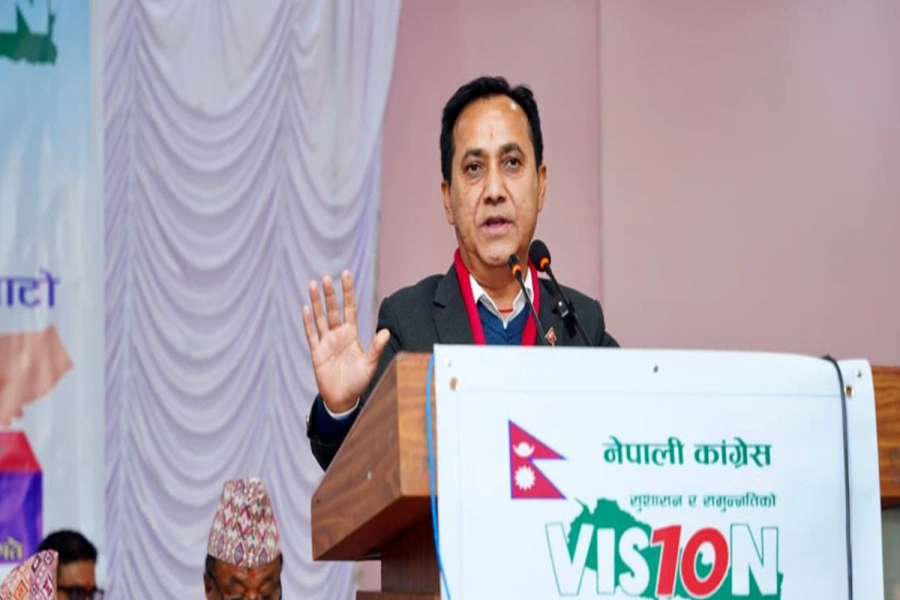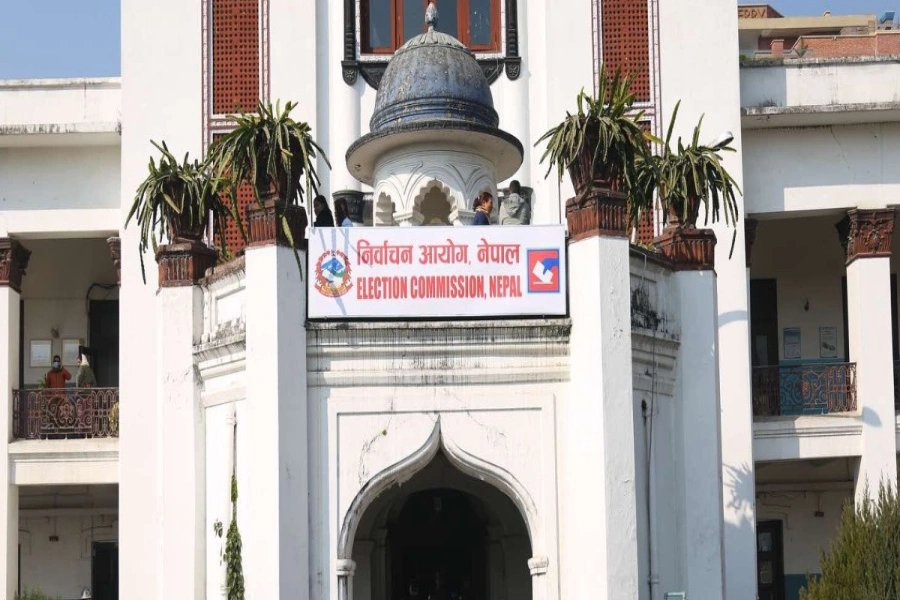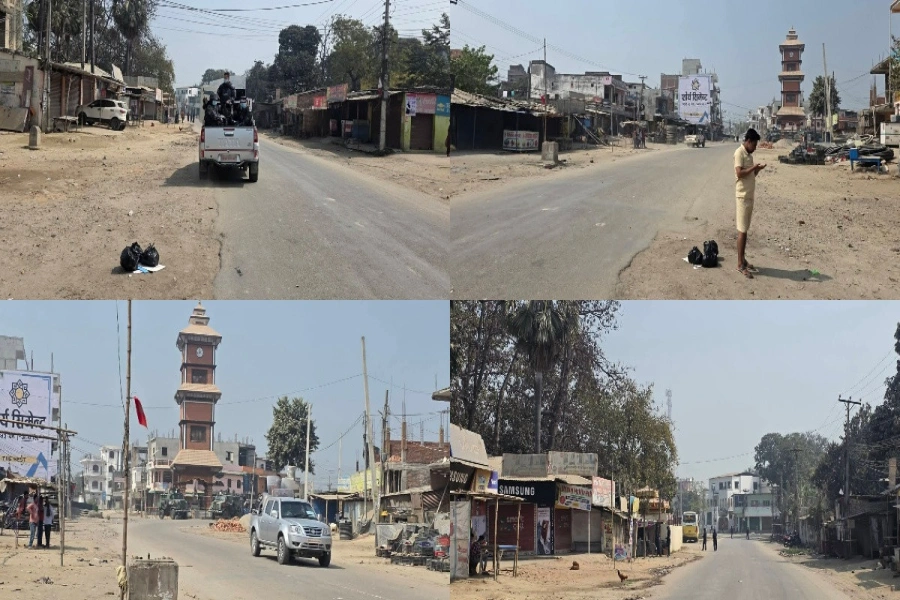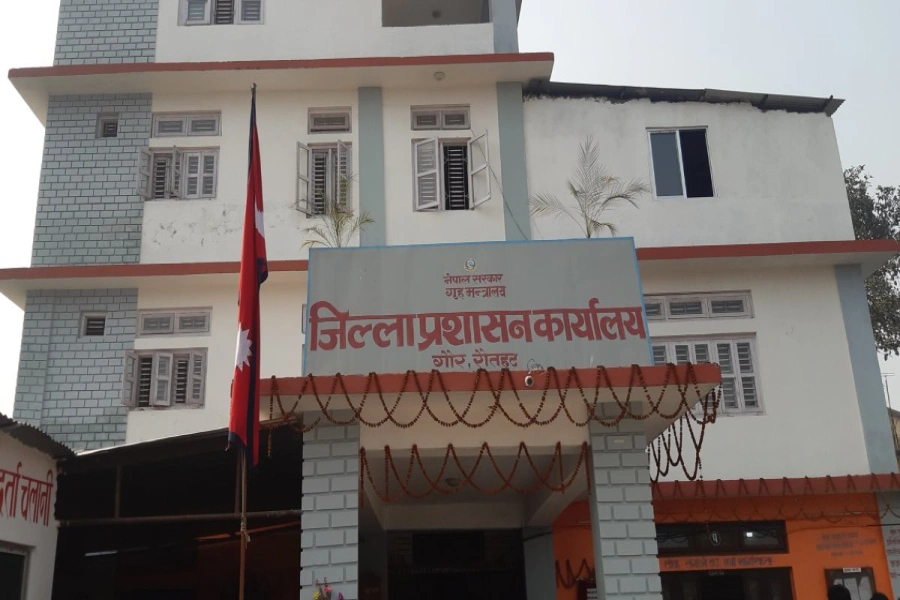Much like how it is funny that I will be expressing this angst we non-English-speaking world have against Angrezi in Angrezi.[break]
I personally don’t have any angst against this international language whatsoever. But this is not to say that English comes naturally to me – it is something that I have had to rehearse and practice and perfect.
Unlike Nepali, English is something I did not grow up speaking. I assume for most of you out there, it is the same story.
But despite not being a native speaker, I don’t mind when someone uses English around me. When people speak in English, I don’t have the absurd urge to scream at them and to ridicule their language preference.
In other words, I don’t feel like advocating, “Nepali bhayera Nepalimai kura garnu parchha.” Any language that delivers the message is good enough.
Unfortunately, I was quite surprised to find out that most people do not feel the same way as me. I think I first began observing this when I was still in school.
Every time someone said something in slightly accented English, they would be stared at and mocked. Any version of English that corresponded most closely to the native English-speakers’ enunciation would be the victim of much teasing.
Sometimes, I would be among the ones mocking, sometimes I would be among the ones mocked.
But those were much younger days and all were good fun. After all, like my Middle School teacher pointed out, English was a funny language.
But a kid or not, it is amazing the feelings that Angrezi can provoke. Why I say this is simple: One of my friends was participating in some sort of a competition a few years back.
Let us just say that this competition involved a lot of speech giving, and for some reason, most of the contestants chose to speak in English.
Let us not speak of how well (or otherwise) they spoke this language, but let us instead focus on the fact that they did choose to speak in English.
As the show was going on, there came a point when a man stood up and shouted something along the lines of, “Angrezima bolya bhayena. Nepal ho, Nepalimai bolnu thik!” It seemed like there would be an andolan then and there as other men stood up and agreed unanimously, “Ho-ho!”
I still remember how the poor girls flushed red and made unsuccessful attempts to address the audience. Although the show ended on a good note ultimately, the memory of how those people expressed their angst still lingers with me.
It was almost as if this angst had paved the way for hatred.
Certainly, to speak in Nepali is a good thing and in fact something that should be encouraged more. But this is not to say that people should be attacked for speaking in English.
After having witnessed this horrid situation, my friends and I were talking about how there seems to be a general hatred towards the English language among (not all, but) most people. I was relaying them the story of that night when another one of my friends also had a story of her own to tell.
This is what had happened: She and her foreigner friend were taking a microbus. The people were pretty quiet in there –perhaps tired after a long day, she assumes – and the only ones chatting were my friend and her friend.
Now because this friend of my friend was a foreigner, it only made sense to talk in English. As they continued talking, there was a general murmur among the others, and by the looks of it, they were giving the two “an eye” and saying, “Angrezi bolnai parne iniharulai!”, as if it was a crime to speak in English. After such rude remarks, she told me that she could not help but shut up.
Poor she and her foreigner friend who got to see a little bit of the “Nepali hospitality.”
I don’t even blame the ones who share this common unease with the English language though. Sometimes it feels a bit much like people using English to show off how awesome they are or something, to flaunt themselves. So in a sense, I understand where this angst – that has paved way for cynicism, among other things – against Angrezi is coming from.
One day, when I was taking a Safa tempo, I came across a situation in which English did feel to be an all too intimidating language. One of the girls wanted to sit inside the tempo.
And the person who was sitting in that “coveted corner” refused to move and let her sit where she was. It was actually a silly situation born out of sheer misunderstanding, the way I saw it.
But for some reason, this girl misread the whole thing and cussed “Idiot, stupid!” assuming that the other girl would not understand. This in turn provoked the other girl, and before we knew it, we had a show inside the Safa tempo.
All the nasty words the girls decided to use were surprisingly in English, followed by translation in Nepali. Talk of a lethal combination!
It seemed like being able to cuss in English was somehow more superior, and whoever could use more of such words would be the winner in the argument. It was quite a pity, however, when the tempo driver stopped his vehicle and asked the two girls to leave.
Indeed, English is a funny language: it makes you laugh, it makes you angry, and it makes you uneasy. But in a lot of ways, it makes communicating easy.
You see, I cannot imagine how else I would have communicated this angst we seem to share against Angrezi were it not for Angrezi.
Ayushma Basnyat is a student of Political Science at Thammasat University who enjoys exploring life and all that it has to offer.
Irrfan Khan shares his first look from 'Angrezi Medium'





